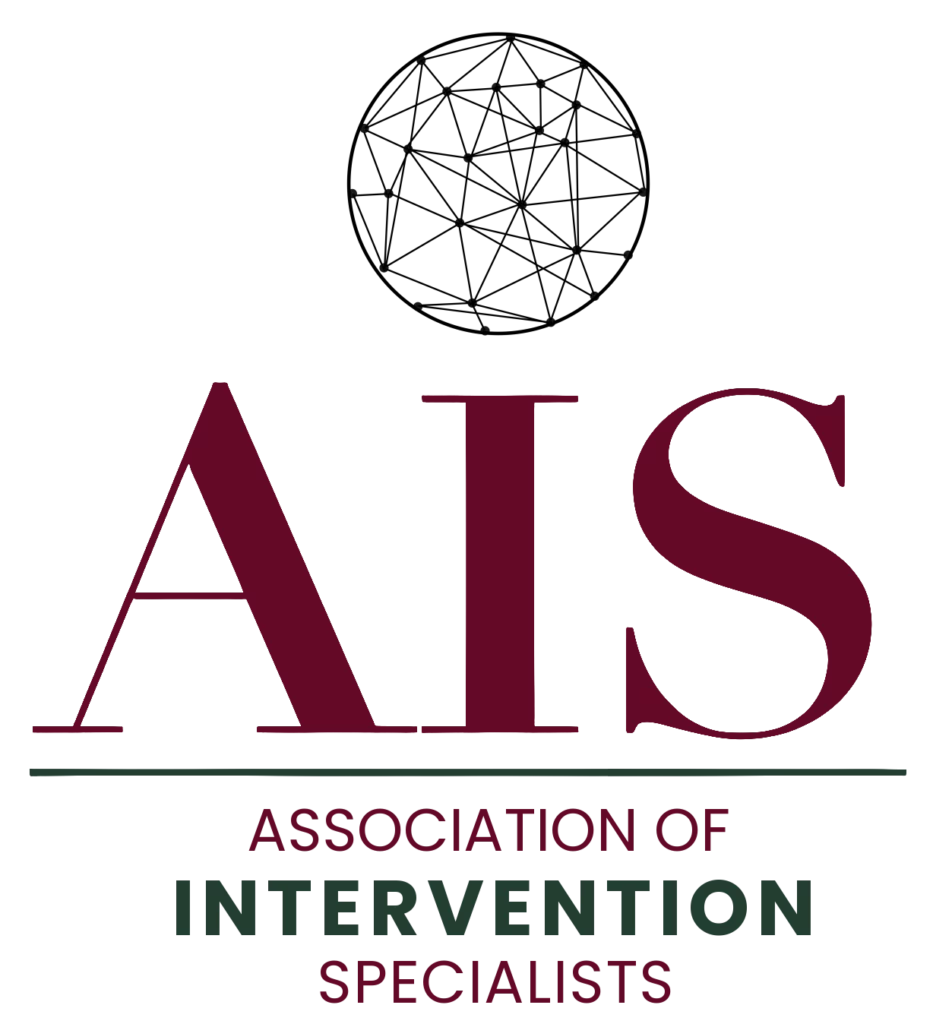Member Directory
Click Your State to Find an Interventionist
Click here for Canada
This directory is provided to you to demonstrate the geographical reach and the expertise of our member Interventionists. You should be able to find an expert to assist you no matter where you live in the United States, North America or Abroad. Many interventionist travel beyond the state(s) in which they are listed. Their travel area will be listed on their individual pages. It is always good idea to talk to a few interventionists to find one that is a good fit.
Association of Intervention Specialists Board
Implementing the Board is important to ensure members of AIS are conducting themselves in a manner appropriate to our mission statement and code of ethics. Professional and ethical conduct is most important to AIS. This will create a healthy organization with skilled practitioners utilizing state of the art approaches to provide successful intervention services with purposeful practice and integrity.
Board Chair – Jamie Eater
Vice Chair – Jerry Law
Treasurer – Jonathan Rauch
Membership Chair – Tim Grealish
Member-At-Large – Jeff Gould
Member-At-Large – Jeff Jay
Member-At-Large – Stephanie Christy
Member-At-Large – Anthony Campobasso
Member-At-Large – Keith Fierman
Member-At-Large – Patty Pike
Member-At-Large – Genna Gottschalk
Member-At-Large – Jennifer Sanchez
Member-At-Large – Taralynn Rayburn
Code of Ethics
Principle 1: Non discrimination
The intervention specialist must not discriminate against clients, organizations, or other professionals based on race, religion, color, age, sex, sexual orientation, mental or physical handicap, national origin or economic condition.
Principle 2: Competence
The intervention specialist must recognize that this profession is founded on standards of competence which promotes the best interest of the client, the intervention specialist, this profession, and society. The intervention specialist must accept the need for ongoing education as an integral part of professional competence. The intervention specialist must recognize the boundaries and limitations of one’s own competencies, and not offer services or use techniques outside of these professional competencies. The intervention specialist must recognize the effect of physical and mental impairment on professional performance, and be willing to seek appropriate treatment for oneself or for a colleague.
Principle 3: Legal and Ethical Standards
The intervention specialist must uphold the legal and accepted ethical codes which pertain to professional conduct. The intervention specialist must not use the affiliation with the Association of Intervention Specialists for purposes that are not consistent with the stated mission of the Association.* The intervention specialist who is aware of unethical or illegal professional conduct must report such violations to the appropriate certifying authority.
Principle 4: Client Welfare
The intervention specialist must respect the integrity and protect the welfare of the person or group with whom the specialist is working. The intervention specialist must assume the responsibility for clients’ welfare either by termination by mutual agreement and/or by the client becoming engaged with another professional.
Principle 5: Confidentiality
The intervention specialist must embrace, as a primary obligation, the privacy of clients and must not disclose confidential information acquired in teaching, clinical practice, training or consultation sessions, except when there is a clear and imminent danger to client or other persons.
Principle 6: Societal Obligations
The intervention specialist must adopt a personal and professional stance which promotes the well being of all human beings. The intervention specialist must inform the public through active civic and professional participation in community affairs of the effect of addiction, and must act to guarantee all persons, especially the needy and disadvantaged, have access to necessary resources and services.
Principle 7: Remuneration
The intervention specialist must establish arrangements in professional practice which are in accord with the professional standards that safeguard the best interest of the client, the specialist and the profession. The intervention specialist may not exploit relationships with clients or patients for personal advantage or satisfaction. The intervention specialist will not accept direct enumeration for making or receiving a referral of a patient.

